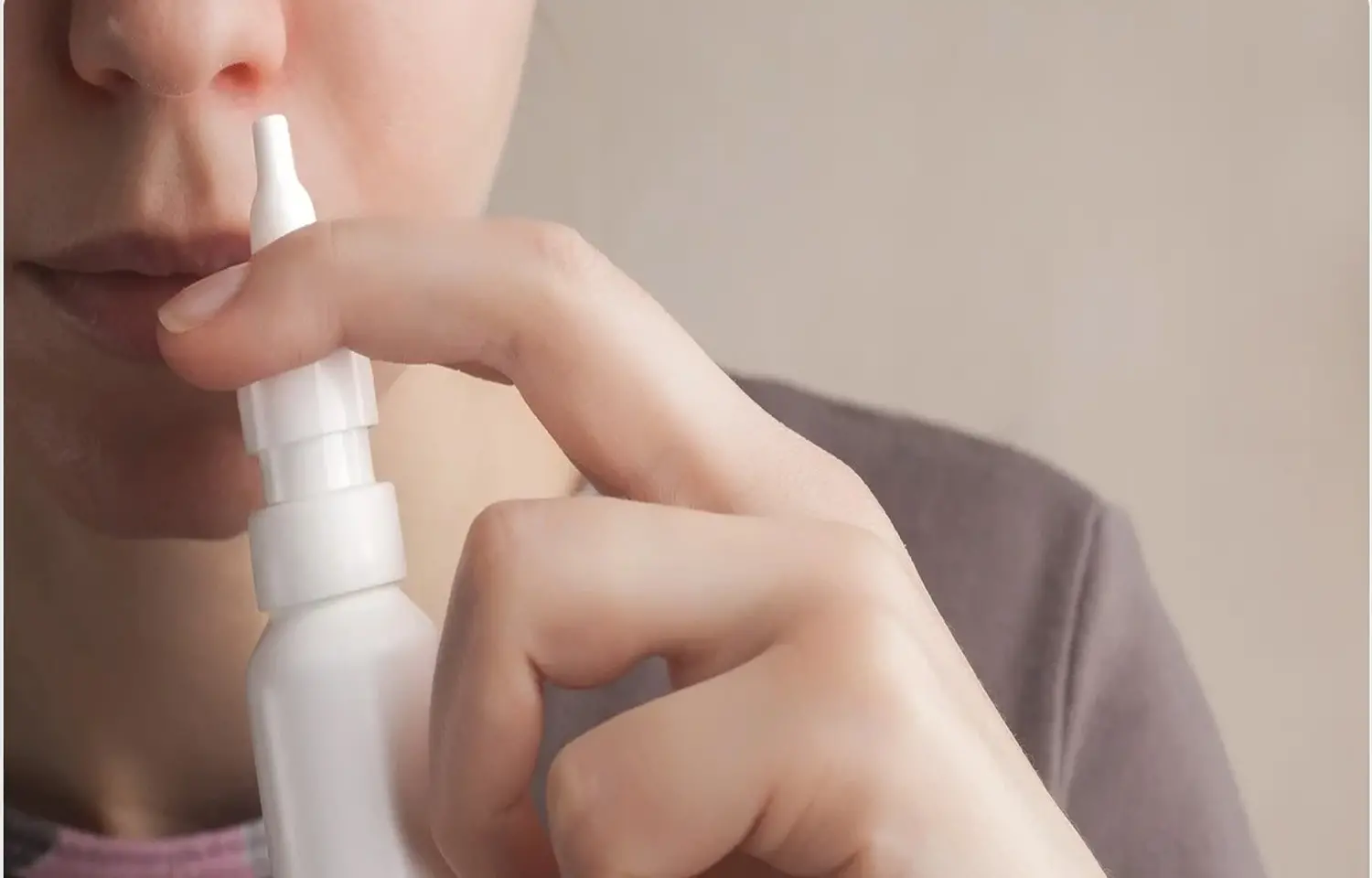- Home
- Medical news & Guidelines
- Anesthesiology
- Cardiology and CTVS
- Critical Care
- Dentistry
- Dermatology
- Diabetes and Endocrinology
- ENT
- Gastroenterology
- Medicine
- Nephrology
- Neurology
- Obstretics-Gynaecology
- Oncology
- Ophthalmology
- Orthopaedics
- Pediatrics-Neonatology
- Psychiatry
- Pulmonology
- Radiology
- Surgery
- Urology
- Laboratory Medicine
- Diet
- Nursing
- Paramedical
- Physiotherapy
- Health news
- Fact Check
- Bone Health Fact Check
- Brain Health Fact Check
- Cancer Related Fact Check
- Child Care Fact Check
- Dental and oral health fact check
- Diabetes and metabolic health fact check
- Diet and Nutrition Fact Check
- Eye and ENT Care Fact Check
- Fitness fact check
- Gut health fact check
- Heart health fact check
- Kidney health fact check
- Medical education fact check
- Men's health fact check
- Respiratory fact check
- Skin and hair care fact check
- Vaccine and Immunization fact check
- Women's health fact check
- AYUSH
- State News
- Andaman and Nicobar Islands
- Andhra Pradesh
- Arunachal Pradesh
- Assam
- Bihar
- Chandigarh
- Chattisgarh
- Dadra and Nagar Haveli
- Daman and Diu
- Delhi
- Goa
- Gujarat
- Haryana
- Himachal Pradesh
- Jammu & Kashmir
- Jharkhand
- Karnataka
- Kerala
- Ladakh
- Lakshadweep
- Madhya Pradesh
- Maharashtra
- Manipur
- Meghalaya
- Mizoram
- Nagaland
- Odisha
- Puducherry
- Punjab
- Rajasthan
- Sikkim
- Tamil Nadu
- Telangana
- Tripura
- Uttar Pradesh
- Uttrakhand
- West Bengal
- Medical Education
- Industry
Steroid Nasal Sprays May Help Improve Outcomes in Severe COVID-19 Disease: Study

CLEVELAND: A recent Cleveland Clinic study found that patients who regularly use steroid nasal sprays are less likely to develop severe COVID-19-related disease, including a 20 to 25% lower risk of hospitalization, ICU admission and mortality. The study was published in Journal of Allergy and Clinical Immunology: In Practice.
Joe Zein, M.D, Ph.D, a pulmonologist at Cleveland Clinic and Ronald A. Strauss, M.D., an allergist-immunologist and Director of the Cleveland Allergy and Asthma Center, and colleagues at Cleveland Clinic followed 72,147 COVID-19 positive individuals, ages 18 years and older, within the Cleveland Clinic health system from April 1, 2020, to March 31, 2021. Of that cohort, 12,608 (17.5%) were hospitalized, 2,935 (4.1%) were admitted to ICU and 1,880 (2.6%) died during hospitalization. Within this group, 10,187 (14.1%) patients were receiving a steroid nasal spray – also known as intranasal corticosteroids – prior to COVID-19 infection.
Patients who used intranasal corticosteroids prior to COVID-19 illness were 22% less likely to be hospitalized, 23% less likely to be admitted to the intensive care unit, and 24% less likely to die from COVID-19 during hospitalization compared to patients not on intranasal corticosteroids.
While the findings of the study encourage patients who use intranasal corticosteroids chronically to continue to do so as needed, it does not suggest that intranasal corticosteroids should be used to treat or prevent COVID-19 in any way. The theory behind the study, which was based on reports that intranasal corticosteroid in vitro (in the laboratory) decreased the protein receptor ACE2, allowing the SARS-CoV-2 virus that causes COVID-19 to enter cells and, spread the disease.
Intranasal corticosteroids are nasal sprays in the steroid family of medicines. These medicines are sprayed or inhaled into the nose to help relieve the stuffy nose, irritation, allergies, and other nasal problems. They can be bought over the counter, or prescribed. To date, the precise role intranasal corticosteroids play in reducing the severity of COVID-19 infection has not been determined. However, based on the study's findings and the fact that ACE2 expression is highest in the nasal mucosa, it can be hypothesized that by suppressing viral load and receptor expression in the nose, intranasal corticosteroids use can be effective against severe disease. Future studies will be needed to corroborate these findings.
"This study shows the importance of the nose in COVID-19 infection," said Dr. Zein. "The nose, in this instance is the gateway to our bodies, allowing the virus to enter and replicate within. The use of intranasal corticosteroids may help disrupt that gateway."
"Our findings are particularly significant, as decreased COVID-19 hospitalizations, ICU admissions, and mortality could alleviate the strain on health care systems with limited resources across the globe, especially in developing countries where there is limited access to vaccines and where mutations in SARS-CoV-2 have emerged," Dr. Strauss added.
Hina Zahid Joined Medical Dialogue in 2017 with a passion to work as a Reporter. She coordinates with various national and international journals and association and covers all the stories related to Medical guidelines, Medical Journals, rare medical surgeries as well as all the updates in the medical field. Email: editorial@medicaldialogues.in. Contact no. 011-43720751
Dr Kamal Kant Kohli-MBBS, DTCD- a chest specialist with more than 30 years of practice and a flair for writing clinical articles, Dr Kamal Kant Kohli joined Medical Dialogues as a Chief Editor of Medical News. Besides writing articles, as an editor, he proofreads and verifies all the medical content published on Medical Dialogues including those coming from journals, studies,medical conferences,guidelines etc. Email: drkohli@medicaldialogues.in. Contact no. 011-43720751


